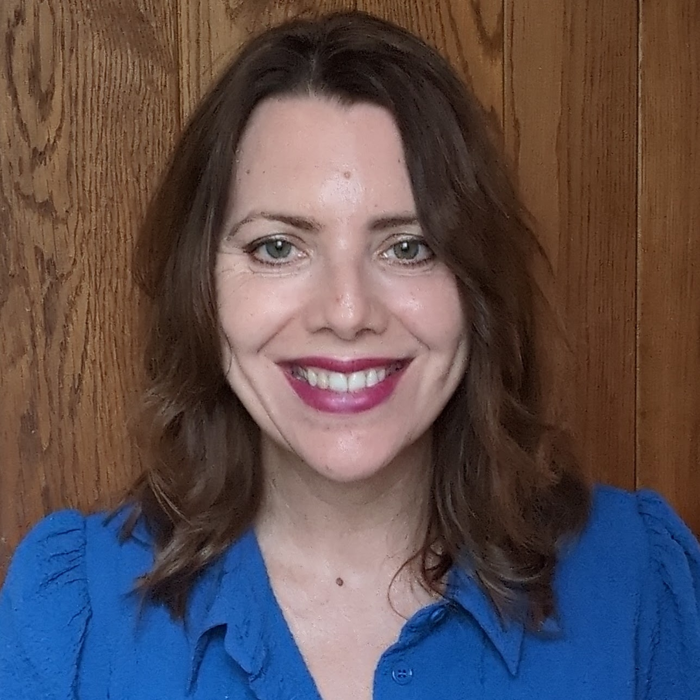The Cannabis Question: What Voice Practitioners Need to Know!
Thursday 18th September 2025, 5:00 PM - 7:00 PM (London Time)
As cannabis use has become more common, socially accepted, and legalized, voice professionals are increasingly fielding questions about its effects. This two-hour session offers a clear, research-informed overview of what we currently know about cannabis and the singing voice. The session is built around real-world questions voice teachers and singers are asking: Does smoking cannabis dry out the vocal folds? Is vaping safer than smoking? What should I know if my student uses cannabis for anxiety or pain? Could some voice types be more at risk than others?
Drawing on current peer-reviewed research and framed through a lens of voice pedagogy and harm reduction, this lecture reviews how different methods of cannabis use may affect the respiratory and phonatory systems. It also opens space to think critically about how we talk to students and colleagues about cannabis use, especially when it intersects with pain management, anxiety, other medical needs, and simple recreational use.
Participants will leave with a stronger understanding of the vocal health considerations related to cannabis, a realistic picture of the evidence base to date, and a curated reading list meant to address clients’ questions with empathy, clarity, and fact. The material is especially relevant for teachers, clinicians, and singers who want to make informed, responsible decisions in a changing legal and cultural landscape.
🏷️ Price £30 (UK VAT inclusive)
🎥 Recording automatically sent to all who book (even if you cannot attend live)
▶️ Rewatch as many times as you like
📜 Certificate of attendance available
Dr Dann Mitton
Independent voice teacher and researcher Dann Mitton earned his Doctor of Musical Arts in Performance (Voice) degree with a specialization in voice pedagogy...

Attend this course for as little as £22 as part of the Voice Professional Training CPD Award Scheme.
Learn MoreSorry, this is an archived short course...
We have plenty of upcoming short courses coming soon. See details of some of them below or look at the full list of short courses.

Tuesday 13th January 2026
5:00 PM - 6:30 PM
Tuesday 20th January 2026
5:00 PM - 6:30 PM
Tuesday 27th January 2026
5:00 PM - 6:30 PM
Tuesday 3rd February 2026
5:00 PM - 6:30 PM
Tuesday 10th February 2026
5:00 PM - 6:30 PM
(London Time)
Introduction to Postgraduate Academic Skills - Join Live!

Debbie Winter
Are you ready to elevate your academic journey? Hosted by our very own Debbie Winter, join our comprehensive Introduction to Academic Skills course, designed to equip you with essential tools and strategies for success in higher education. Perfect for bridging the gap between undergraduate and postgraduate study, this course offers a pathway to our full MA for students without an existing degree. We offer both live, interactive sessions and standalone, pre-recorded content.

Thursday 15th January 2026
5:00 PM - 7:00 PM
Thursday 22nd January 2026
5:00 PM - 7:00 PM
Thursday 29th January 2026
5:00 PM - 7:00 PM
Thursday 5th February 2026
5:00 PM - 7:00 PM
Thursday 12th February 2026
5:00 PM - 7:00 PM
(London Time)
Trauma-Sensitive Voice Professional Certificate with Dr Elisa Monti

Dr Elisa Monti
Updated for 2026, this five-part certificate course is designed to help participants learn the theory and practice of trauma-sensitive approaches. The concepts and activities included are tailored to meet the needs of voice specialists who want to acquire more specific tools to navigate the space with their students and colleagues.

Monday 9th February 2026
5:00 PM - 7:00 PM
(London Time)
Certificate in Applied Voice Pedagogy with Adam Roberts

Adam Roberts
Spring Immersive - live and interactive learning! This 12-week online programme is designed for voice professionals committed to deepening applied voice pedagogy skills and advancing professional practice. The course offers a rich environment to reflect on your teaching philosophy and develop applied pedagogical techniques. It is ideal for voice teachers, coaches, therapists, and performers seeking to bridge foundational knowledge with practical, student-centered applications.
